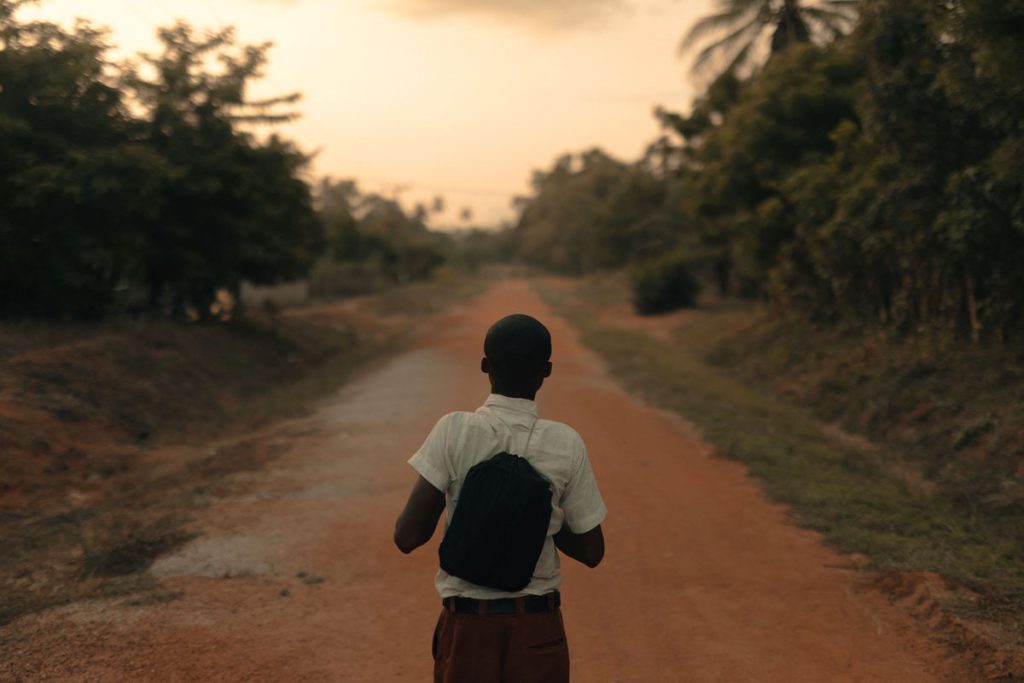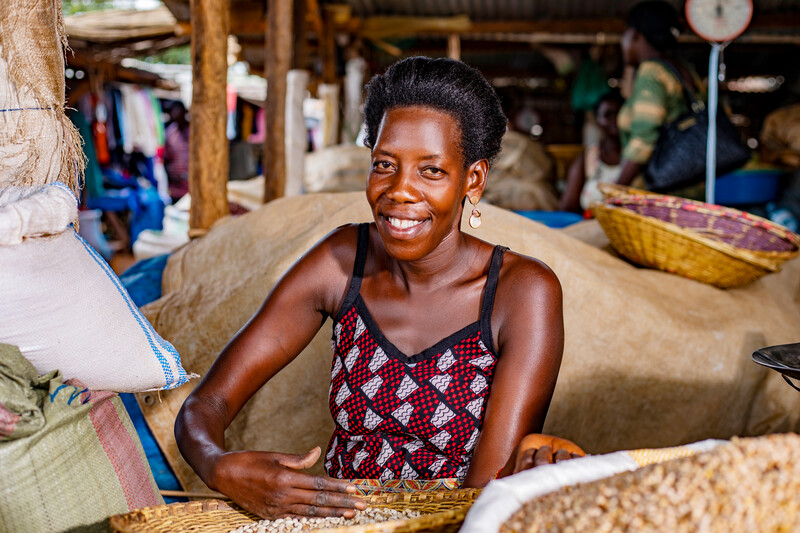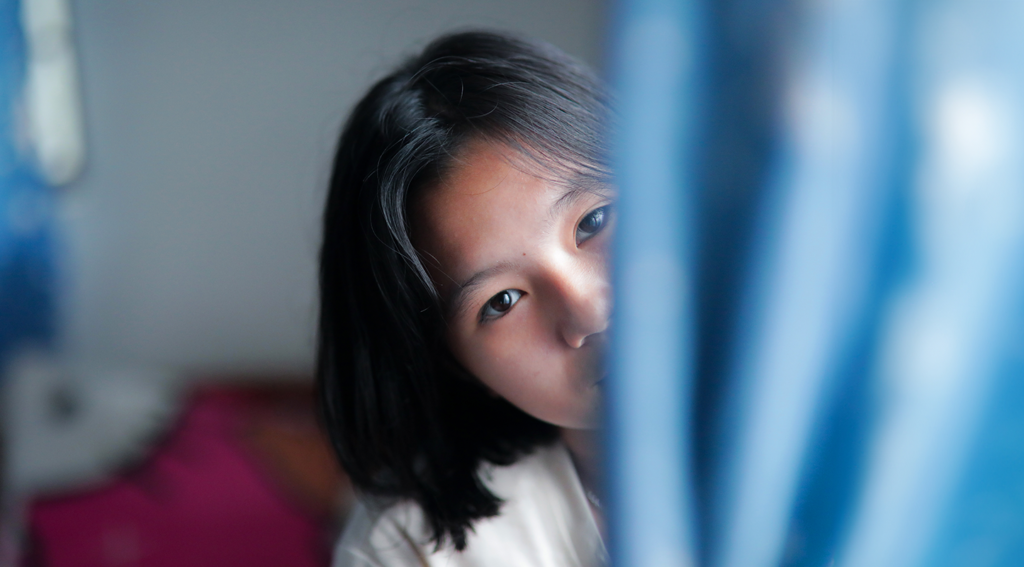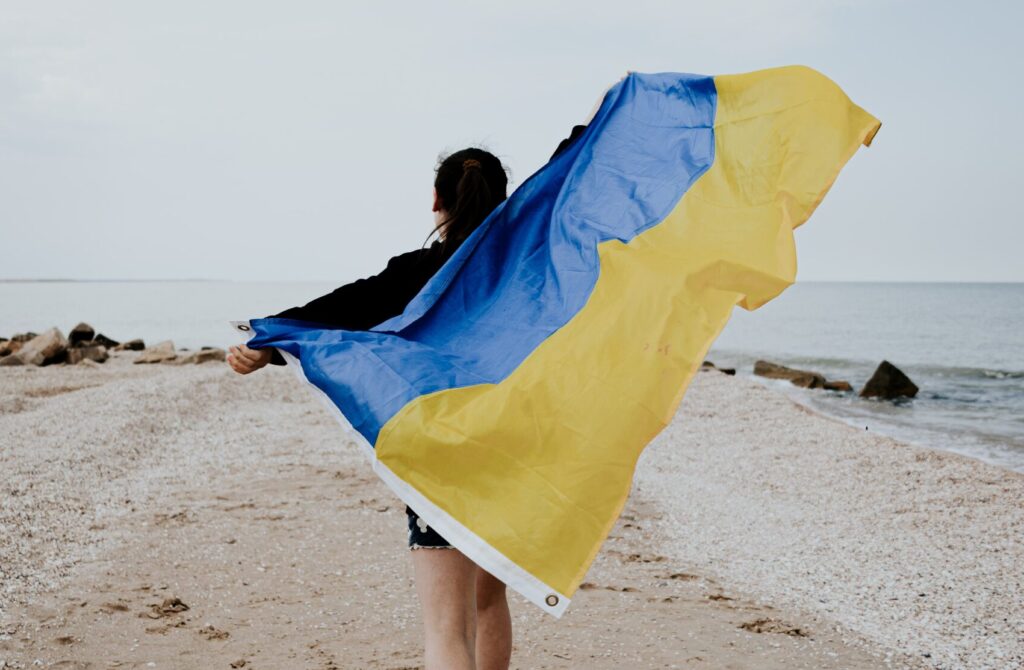
Hsu-Ann Khoury
20 JUNE 2022
As we commemorate World Refugee Day today and the conflict in Ukraine approaches the four-month mark, here is an update on the situation on the ground and the work that IJM is doing at the Romanian border.
Why is IJM involved?
IJM doesn’t usually work with refugees or do any war relief work. Our mission is focused on protecting people in poverty from everyday violence, including slavery and human trafficking. In 2019, IJM established our Eastern and Central European Anti-Trafficking Program. We built relationships with the Romanian government and a network of other NGOs to combat cross-border trafficking.
In February, we saw streams of women and children fleeing Ukraine. We saw they were extremely vulnerable to being trafficked by predators pretending to be kind strangers. We knew we were in a strategic position to help – and Australians responded generously to the need.
How is IJM helping Ukrainian refugees?
Thanks to the generosity of supporters in Australia and around the world, IJM has been able to provide support in crisis logistics, trauma-informed training and trafficking prevention, including:
Direct support for refugees
- Receiving buses and vans of refugees from areas inside Ukraine. We’ve helped transfer them from the border to partner shelters and organise safe passage through to other countries;
- Working directly with refugees to understand their needs and plans to help them safely navigate onward travel and job placement;
- Helping shelters to pay heating costs through cold conditions, as electricity and gas prices have gone up;
- Taking basic supplies to partner shelters;
- Providing legal advice on complex matters to refugees in shelters.
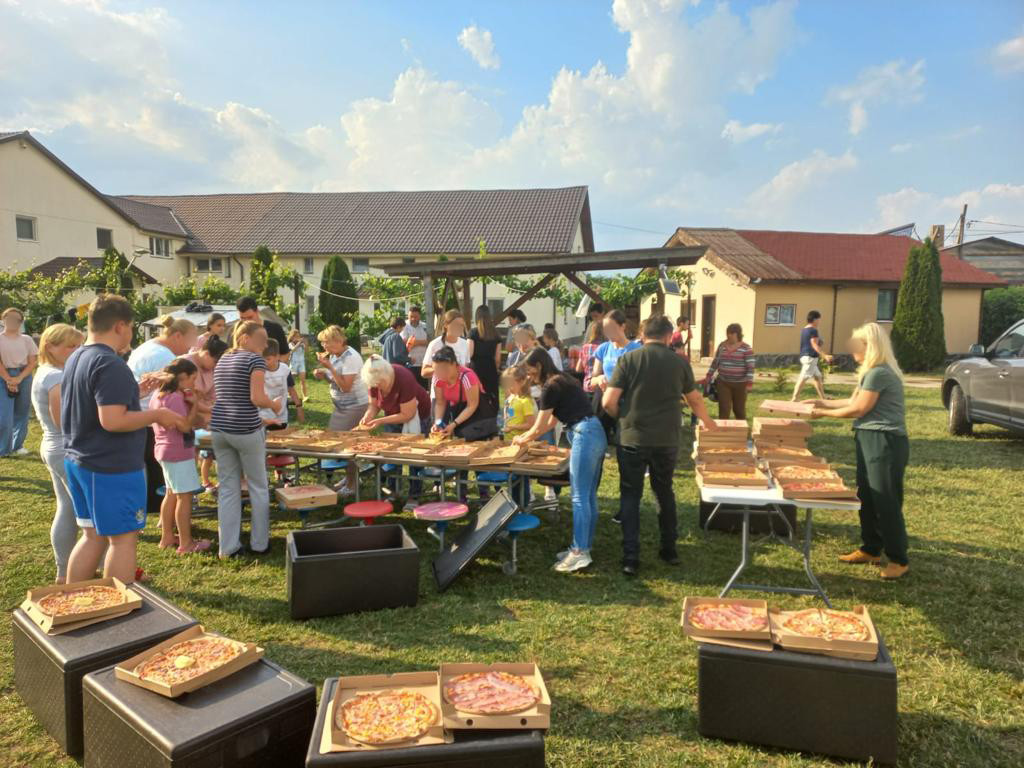
Training other organisations and providers
- Advising partner shelters, churches and local charities on safeguarding and trauma informed care;
- Supporting and guiding organisations to assist their clients in registering for temporary protected status with the Romanian government. This status is a key entry point to public services such as schooling, medical care, etc. and offers the right to work;
- Advising other nonprofits working with refugees.
Trafficking prevention
- Monitoring border crossings and internal transit points, assessing the evolving needs for protection and communicating those to governmental and non-governmental partners;
- Distributing flyers and posters at the border, highlighting trafficking risks and showing people how to spot signs of trafficking;
- Delivering anti-trafficking training alongside the Romanian National Agency against Trafficking in Persons (ANITP);
- Developing a flyer to put in passports warning of risks of trafficking and helplines, in partnership with ANITP;
- Partnering with TikTok on an ad (in Ukrainian) containing tips for staying safe while travelling in the EU. This campaign is expected to reach 11 million people in Romania, Moldova, Hungary, Poland, Belarus and Slovakia.
How is the Ukraine refugee situation evolving?
When war was first declared, most of the refugees coming through Romania had means as well as trusted connections in other countries who could receive them. A few months in, the refugees we’re now seeing are more vulnerable and need greater assistance.
The daily flow of refugees at most borders has slowed over the past month. Most have either continued their journeys to other countries or started to integrate into local communities after obtaining work and affordable housing. In a few isolated cases, some have returned to Ukraine.
Those who remain in shelters include many families with special needs children, the elderly, and the very poor. We’re seeing greater trauma amongst those arriving recently, as they have come from places closer to the conflict zone. Some of these refugees were temporarily trapped in these regions before being able to escape across the border.
A particularly problematic situation is for third country nationals – people who were in Ukraine for studies or work, who have since fled but don’t have a Romanian visa. They can only stay in Romania for a short time and can’t travel because they don’t have the proper paperwork and the exemptions that Ukrainian citizens have. IJM is helping to support partners who are working on these cases.
It’s worth noting that trafficking cases are rarely identified at the recruitment phase. Unfortunately, by the time a victim realises that they are in an exploitative situation they are unable to report it due to fear and intimidation by traffickers. IJM is proactively planning for this and increasing our strategies to identify potential victims.
The greatest risk of trafficking is expected in the coming weeks and months as refugees find their resources running out and their risk-tolerance increasing out of desperation.
Want to support efforts like these? Make a tax-deductible donation to the Ukraine Crisis Appeal today.
Hsu-Ann Khoury is Sr. Lead, Media & Mobilisation at IJM Australia.

